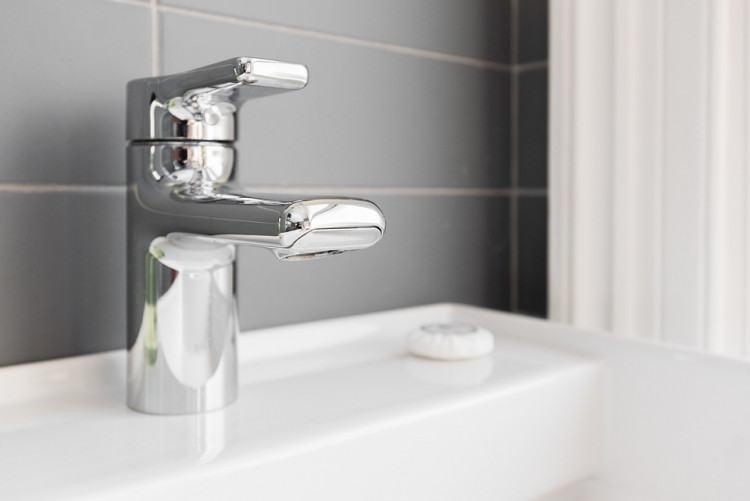A 71-year-old woman in Texas has died from a rare and fatal brain infection caused by Naegleria fowleri, a "brain-eating amoeba," after using a nasal irrigation device filled with unboiled tap water from her RV, according to a newly released case report from the Centers for Disease Control and Prevention.
The woman, who was otherwise healthy, developed severe neurological symptoms including fever, headache, and altered mental status just four days after using the rinse at a Texas campground. Despite receiving treatment for primary amebic meningoencephalitis (PAM), she began having seizures and died eight days after the onset of symptoms.
Laboratory tests confirmed the presence of Naegleria fowleri in her cerebrospinal fluid, the CDC said. The infection is almost always fatal and carries a death rate exceeding 97%.
"This case reinforces the potential for serious health risks associated with improper use of nasal irrigation devices, as well as the importance of maintaining RV water quality and ensuring that municipal water systems adhere to regulatory standards," the CDC stated.
The RV's potable water system had been filled months before purchase and could have been contaminated, investigators concluded. A bypass from a municipal water source also raised concerns about contamination pathways.
While the amoeba typically infects individuals through recreational exposure to warm freshwater in lakes and rivers, nasal rinsing with untreated tap water is a lesser-known risk factor. The CDC emphasized the importance of using distilled, sterile, or boiled and cooled tap water for sinus rinses.
Initial symptoms of PAM generally appear within five days of exposure and may include fever, nausea, headache, or vomiting. As the disease progresses, more serious symptoms-such as seizures, hallucinations, and coma-may occur. Death usually follows within one to 18 days.
Tammy Lundstrom, chief medical officer at Trinity Health in Michigan, told Fox News Digital: "The risk of brain-eating amoeba is very low. Fewer than 10 people in the U.S. every year get infected - but unfortunately, most cases are fatal. There are only a handful of survivors of known cases."
While drinking contaminated water does not pose a risk, the infection can occur when infected water enters the nasal cavity, typically during swimming or nasal rinsing. It is not spread from person to person.
To prevent infection, the CDC advises avoiding stirring up sediment in freshwater environments and using only properly sanitized water for any nasal procedures.




